Troubled crypto lender Vauld was granted creditor protection for three months by Singapore’s High Court. This gives the company some breathing space as it continues its negotiations for its acquisition by its rival Nexo.
The Singapore High Court granted Defi Payments Ltd, the parent firm of crypto lender Vauld, three-month protection from its creditors, Bloomberg reported. During this period, which would last until November 7, 2022, the company’s 147,000 creditors won’t be able to take legal action against the firm.
The moratorium was granted by Justice Aedit Abdullah during a court hearing on Monday, which would allow the firm to restructure and enter into negotiations for its potential acquisition by Nexo, one of the major players in the crypto lending niche, Bitcoin.com reported.
The three-month length of the moratorium is only half of the six months Defi Payments originally asked for. However, Abdullah viewed a six-month period as too long for proper monitoring.
“I am concerned a six-month moratorium won’t get adequate supervision and monitoring,” the judge said. However, he added that the firm can request an extension which will be granted based on the progress of the firm’s engagement with its creditors.
To address the outstanding issues, the judge asked Defi Payments Ltd. to form a creditors committee. Vauld is also ordered to provide cash flow, valuation of assets, and other details to its creditors in two weeks and management of its accounts in eight weeks.
Just like other crypto firms- such as Celsius Network, Babel Finance, and Voyager Digital - that were affected by the market downturn, Vauld’s unraveling took everyone by surprise. On June 16, it assured customers about the health of its business but started laying off employees five days later. On July 4, it suspended withdrawals and announced that it started talks with Nexo.
Nexo co-founder and managing partner Antoni Trenchev expressed optimism that his company’s purchase of Vauld would push through. “But we have to understand the liabilities, the receivables, who the counterparties are, what are the prospects of getting those receivables and, you know, all things like that in order to be in a position in order to make a decision. And it takes time,” he explained.








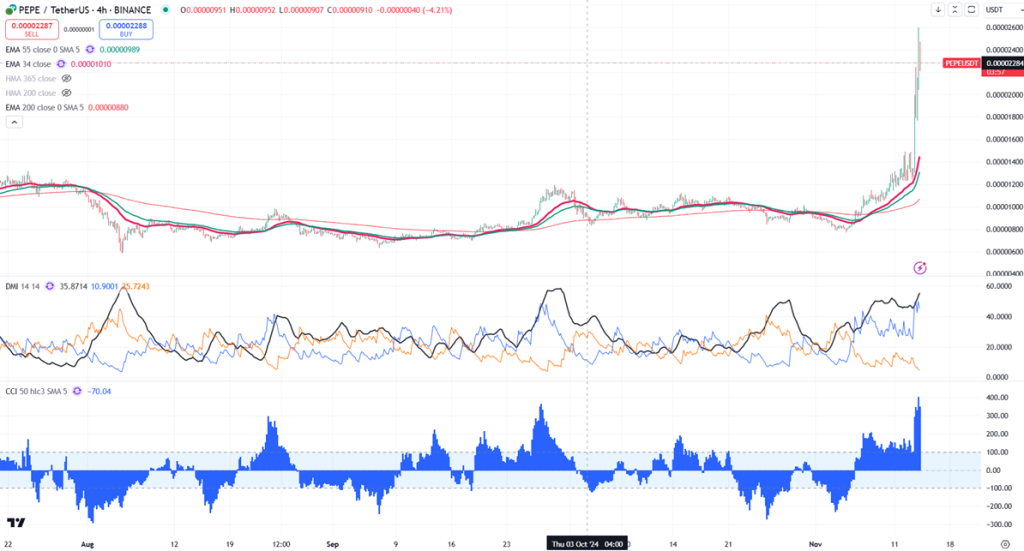
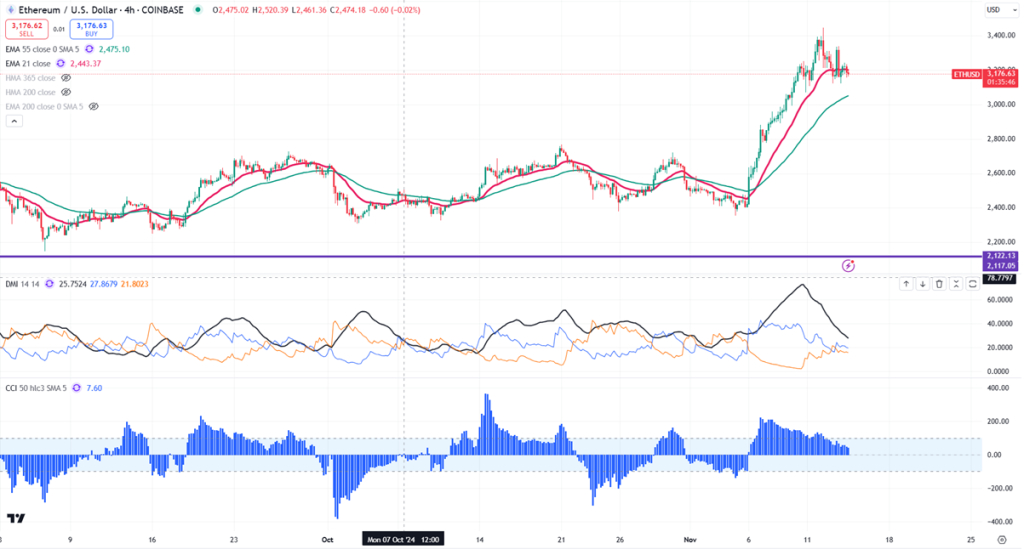
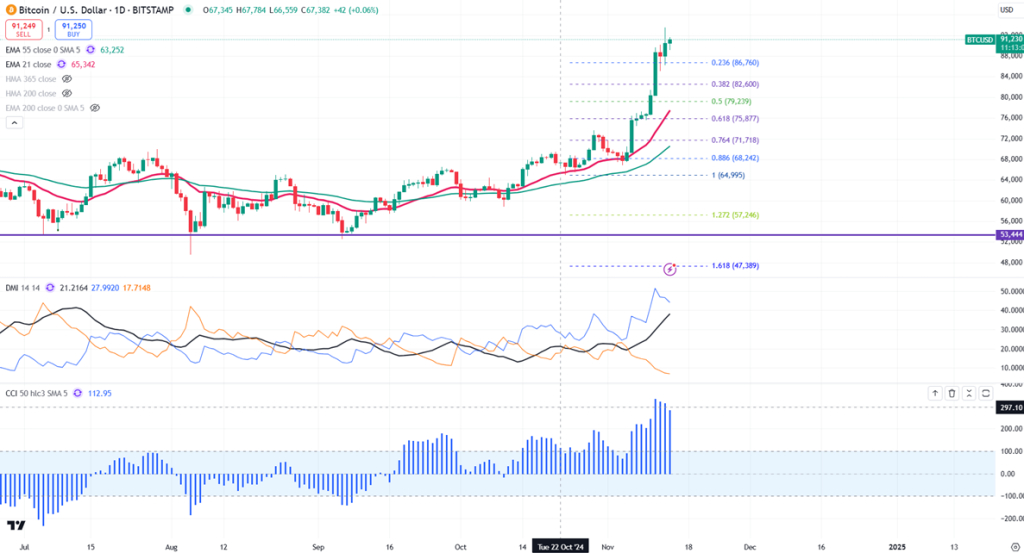


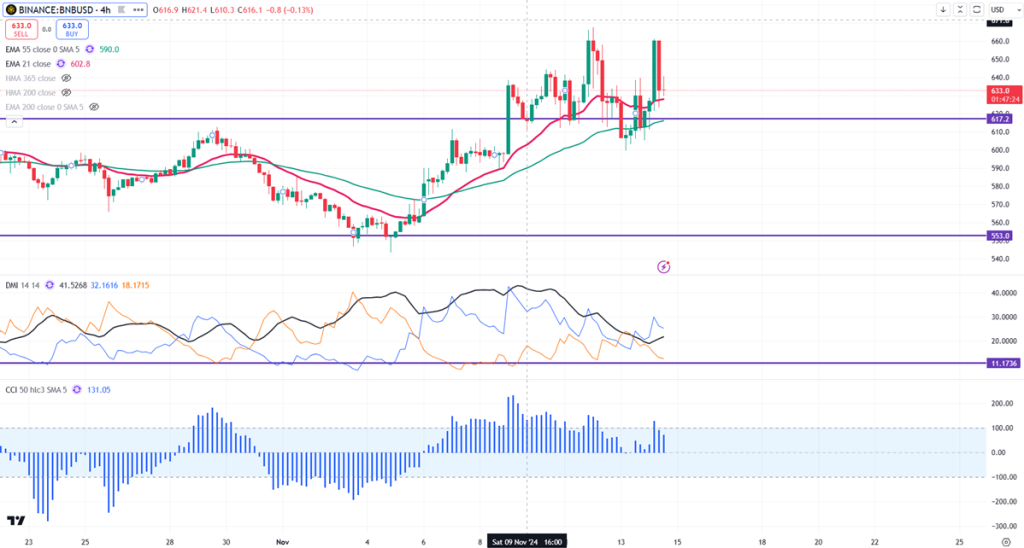
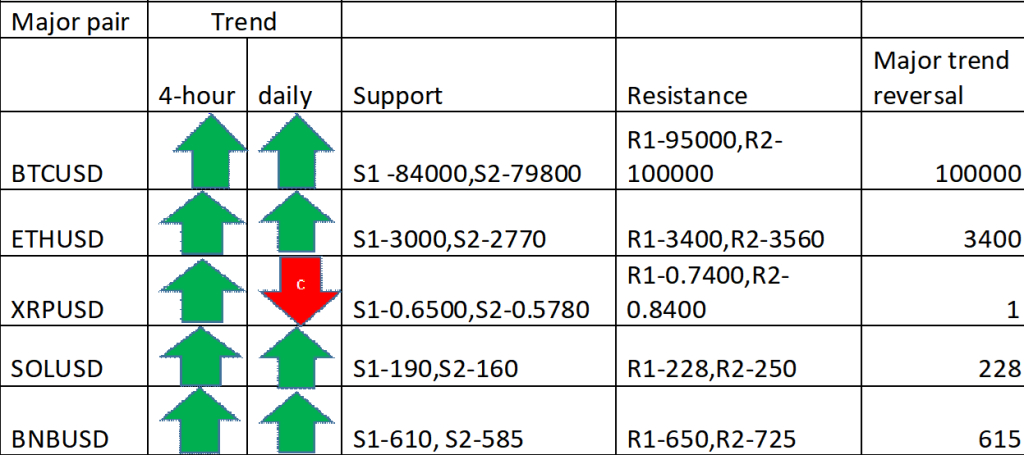



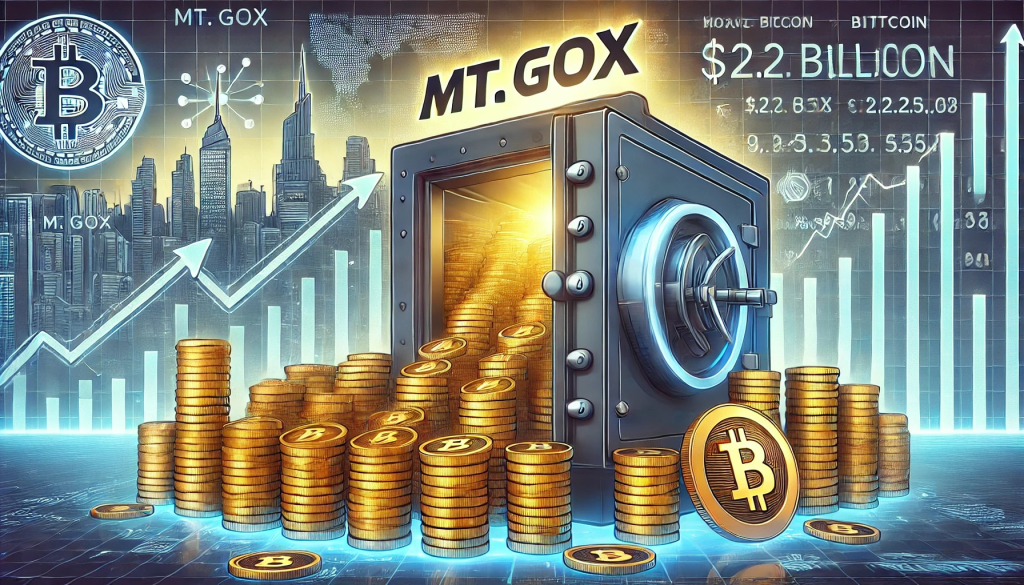






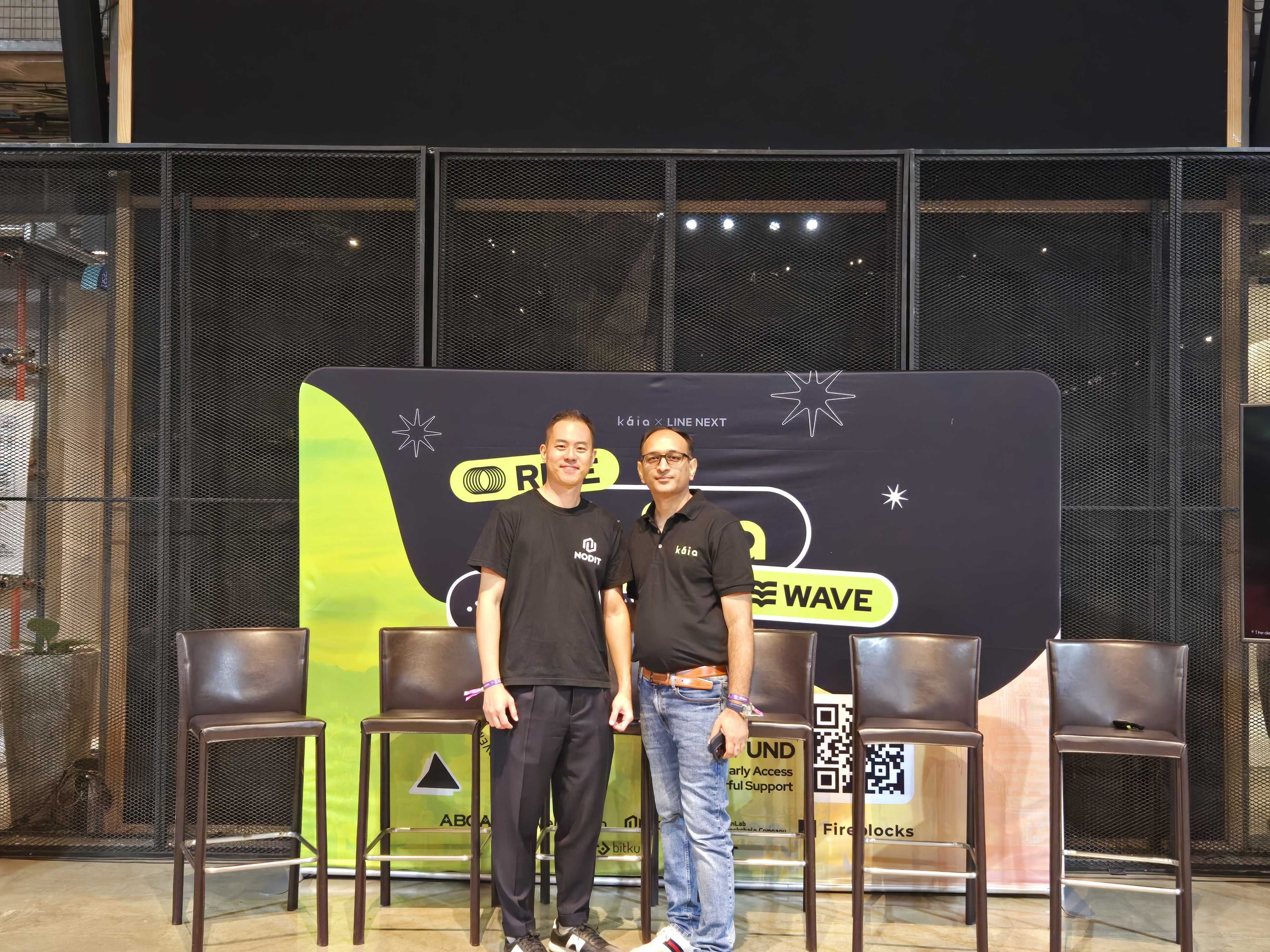

Comment 0